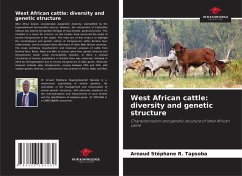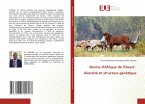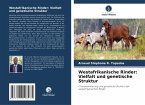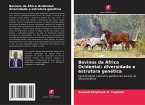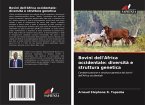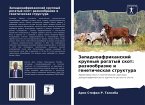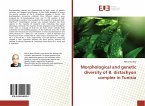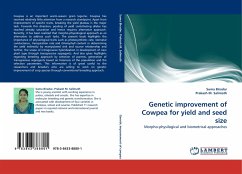West Africa boasts considerable zoogenetic diversity, exemplified by the trypanotolerant taurines(Bos taurus). However, the introduction of Zebus(Bos indicus) has altered the genetic heritage of local breeds, particularly bulls. This situation is a cause for concern, as few studies have assessed the levels of taurine introgression in the region. The main aim of this study is to highlight the morphological and genetic indices of introgression within Burkina Faso cattle breeds, and to compare them with those of other West African countries. The study combines morphometric and molecular analyses of cattle from Burkina Faso, Benin, Niger and Mali, to assess gene flow, genetic diversity and introgression levels using microsatellite markers. In 2014, a marked structuring of taurine populations in Burkina Faso was observed, followed in 2018 by homogenization due to strong introgression of zebu genes. Molecular analyses indicate zebu introgression, varying between 20% and 50%, with notable genetic diversity, a phenomenon also present in Benin, Niger and Mali.
Bitte wählen Sie Ihr Anliegen aus.
Rechnungen
Retourenschein anfordern
Bestellstatus
Storno

